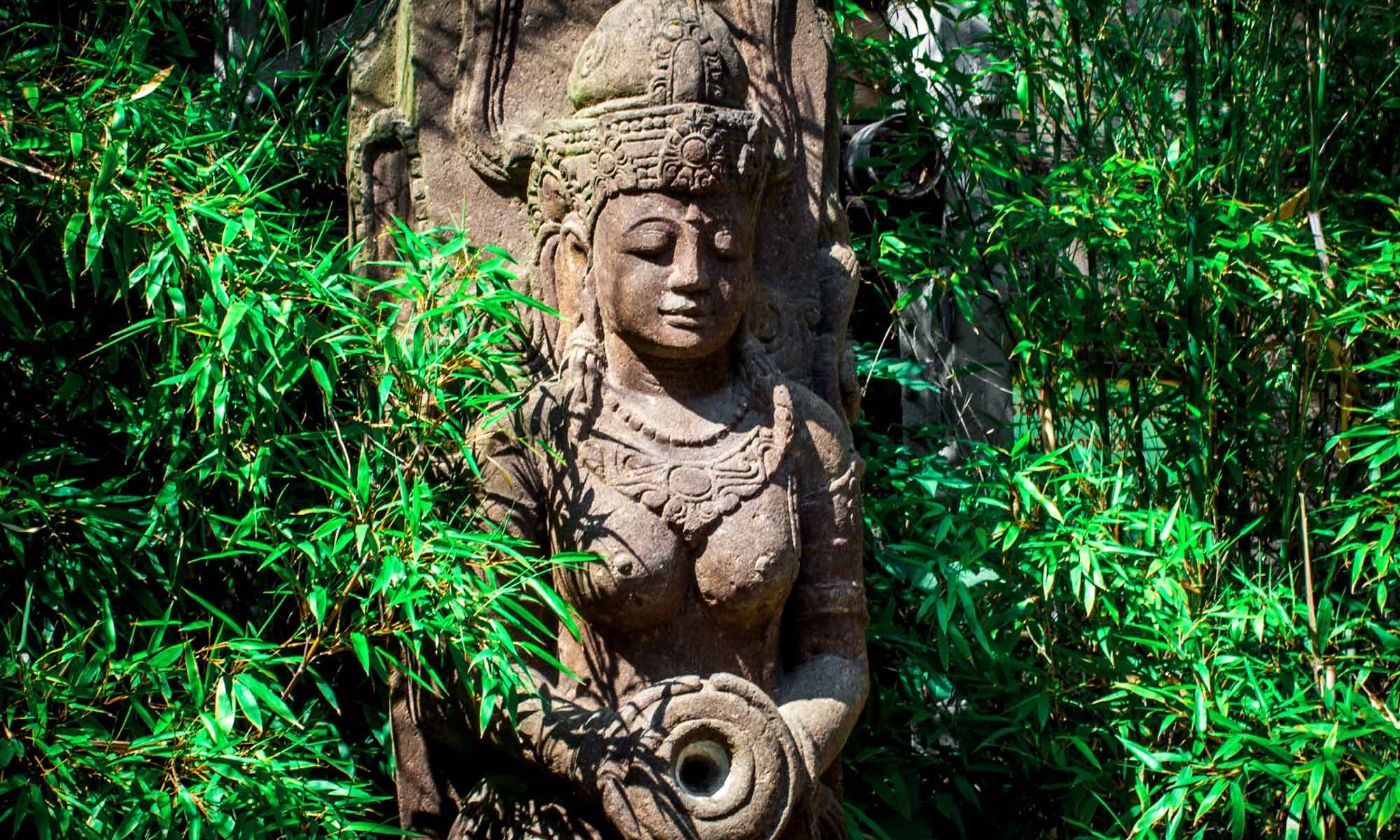
Join four Hebrew Priestesses–Amanda Nube, Judith Maeryam Wouk, Sheva Melmed, and Sarah Chandler–for a vegetarian dinner & ritual to celebrate the opening of the Jewish sabbath with poetry, prayer, and song. This special event takes place on Friday, March 13, over the dinner hour at ASWM’s 2020 conference. The language of the ritual plays with gender of God/Goddess both in Hebrew and English. It also includes some earth-based imagery. Participants will have the option to interact with natural objects on a small altar at the center of our table/altar, as well as the option for contemplative time. For more information and to RSVP, contact Sarah Chandler. All are welcome.
The cost is $75 per person. A limited number of subsidized scholarships are available. Please contact Sarah to inquire. It is required that all participants register and pay in advance, as the meal will be catered. To register, send $75 via PayPal from the ASWM Donation page, with “FRIDIN” in the “use my donation for” section. Reservations are required and will be accepted until March 9th, which is the hotel’s catering deadline.
Remember to use the Donation page and write FRIDIN in the memo!






You must be logged in to post a comment.